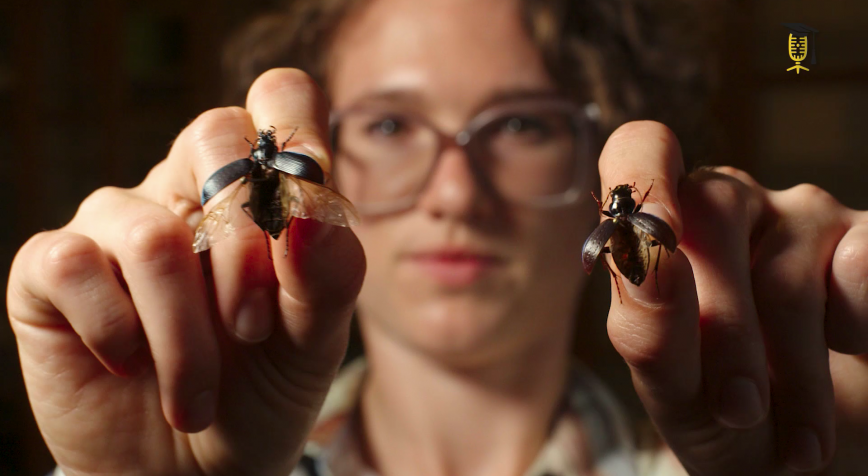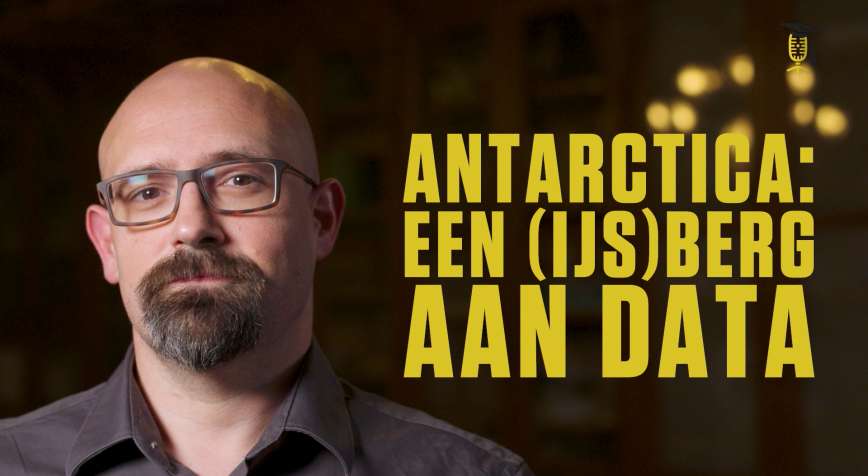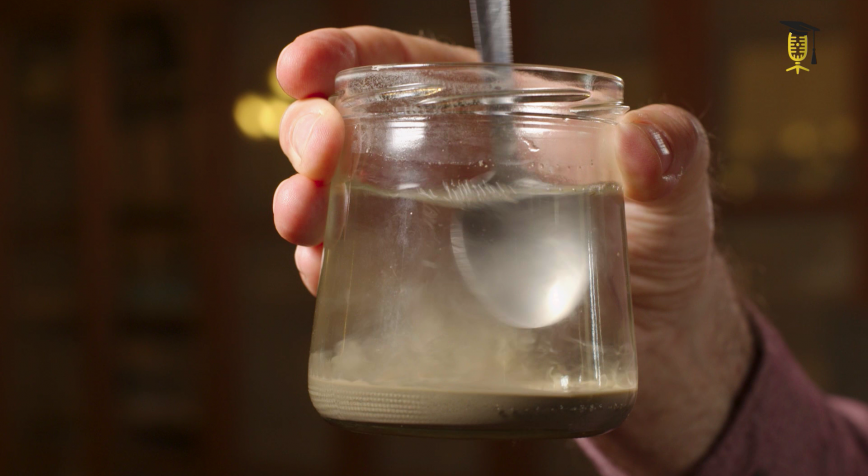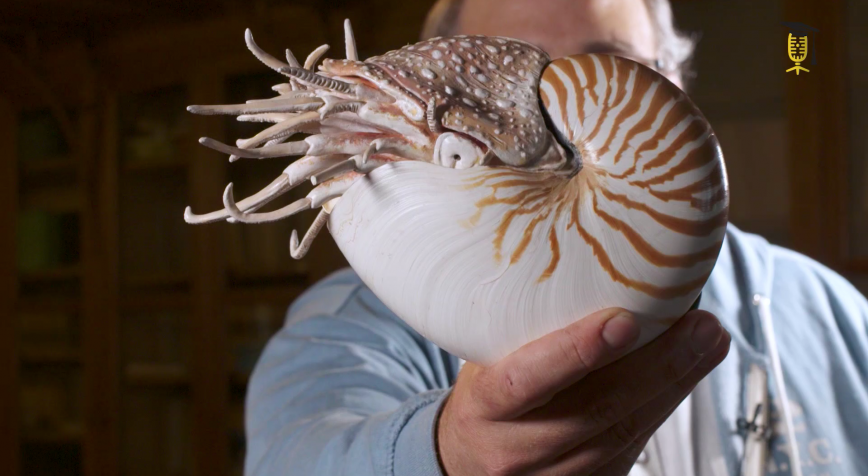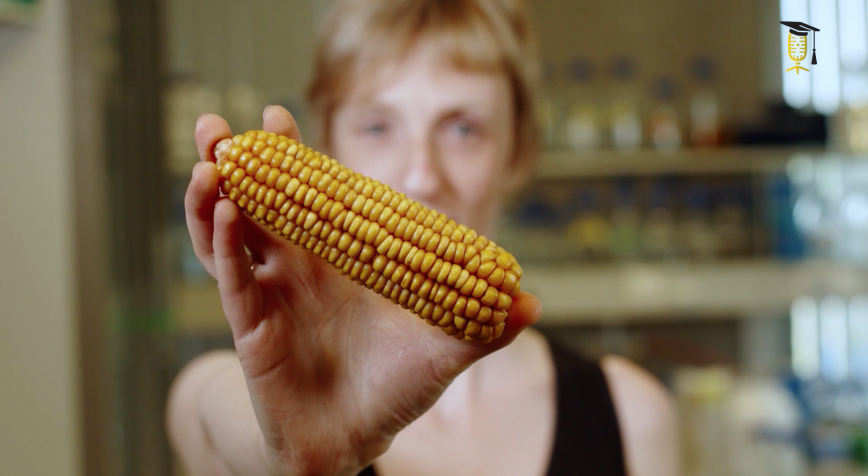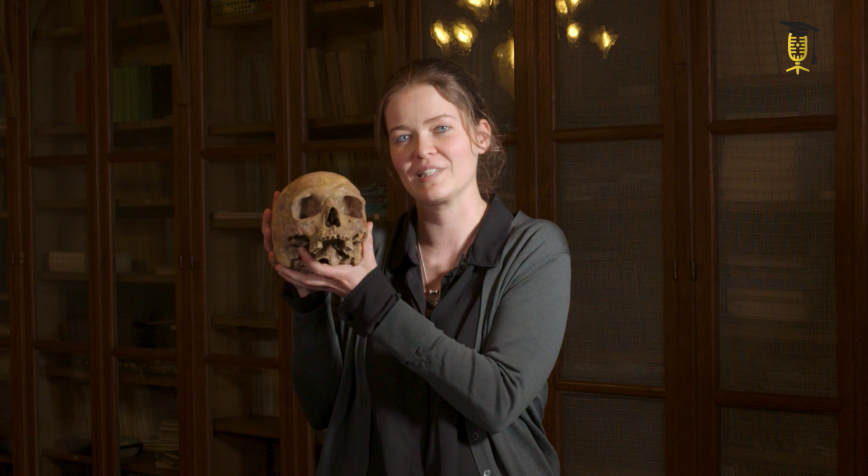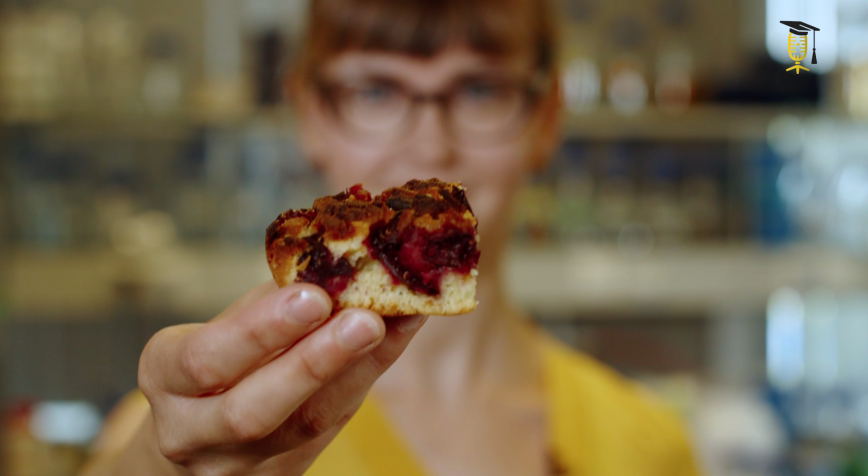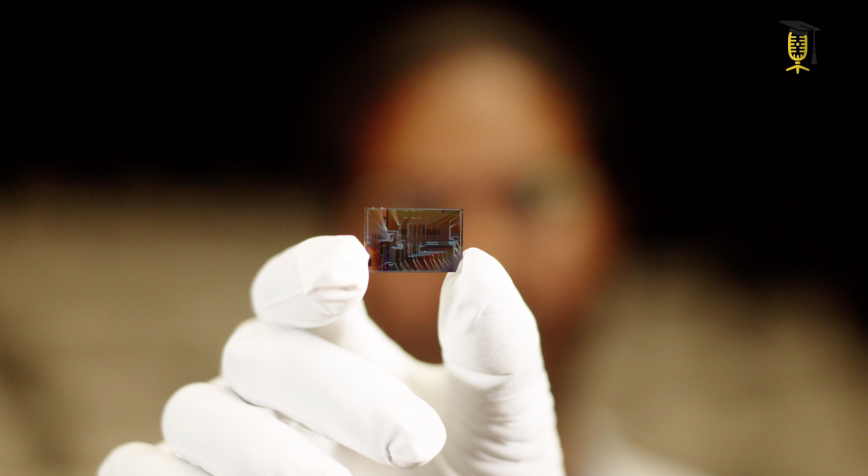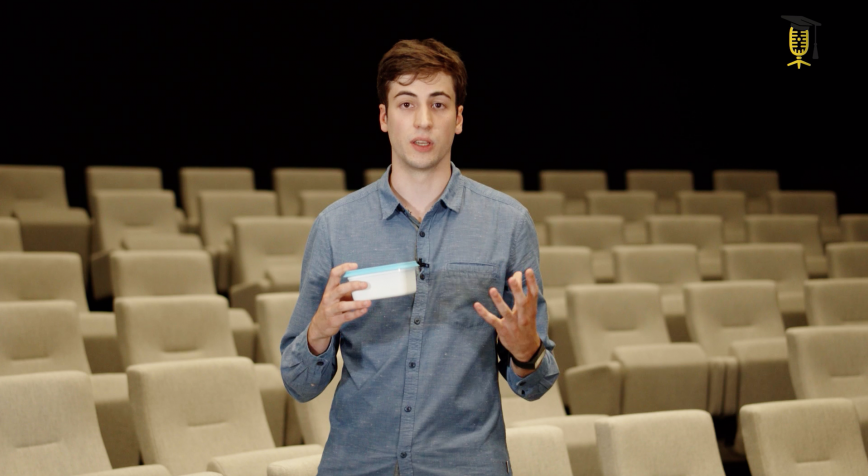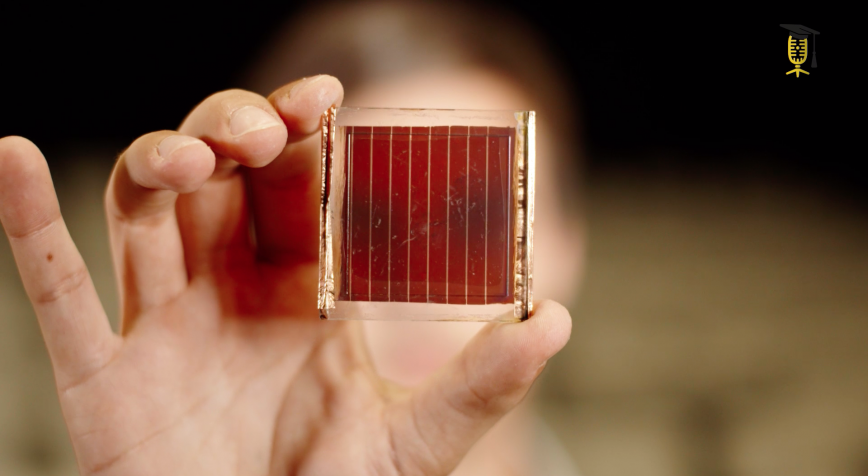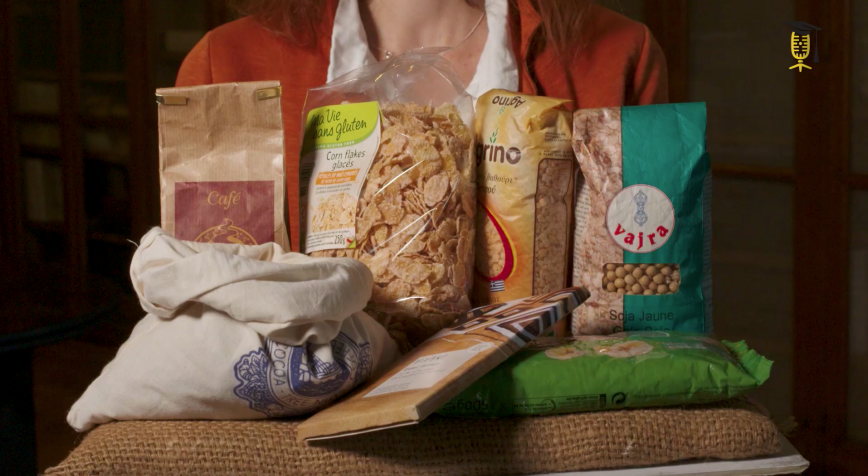
KBIN
How seeds shape history
Have you ever noticed how seeds are omnipresent? You find them in our daily bread, they are used in medicines, cosmetics, and even jewelry. This has always been the case, throughout the history of mankind. Archaeobotanist Sidonie Preiss dives into archaeological wells, granaries, and even latrines to recover seeds and reconstruct the shared history of plants and mankind.
